Find what makes you happy and do it well. You alone define what success is to you. So go ahead and live it!
By George Bouvier
George Bouvier is the Executive Director of Academia Cerebra –a multidisciplinary education consultancy for the creative industries- and a senior academic with nearly 30 years’ experience in the fashion industry.He has worked with a number of well-known fashion brands (including Yves St. Laurent, Giorgio Armani and Vivienne Westwood) and has been an advisor to the European Commission in Brussels on the luxury fashion industry since 2006.He has held a number of senior academic posts for universities in Manchester (Director of Programmes), London (Director of Executive Education) and in Florence (International Development Director). He sits on the UK Universities Accreditation Experts panel and splits his time between Italy and England.
• In your opinion, what are the best schools of fashion in the world?
Ah, yes…this question crops up all the time! By students, by parents, by anyone curious in fashion education.And normally, this is the moment when anyone who knows anything about the Fashion Education would start by listing you universities in London and New York. Historically for example, Central St. Martins and Parsons -on either side of the Atlantic- have been seen as the dominant forces. And they have produced some world famous designers like Alexander McQueen, Ricardo Tisci, Tom Ford etc.
I think that once we ask the right question the answer becomes clearer. It is not the institution that awakens the talent. It is the teacher. So instead of students and parents looking for education brands they should be looking for the good teachers behind those brands. And some of the best teachers are working for in smaller Schools. No names here!
• Are Paris, Milan, London and New York still leading as the “happening” places? Are there other cities to which we should pay attention in the world of fashion?
The fashion capitals are here to stay. And it is a concept that we, as human, like to play with. We like to reduce a city to a personality. Milano is glamorous, London is experimental and so on.But, you know, I think that everything in life has highs and lows. Civilisations, people, cities, everyone. So, inevitably, new cities will rise to the top. For me, cities like Shanghai, Florence and Barcelona have a lot of creative energy. And at some point they will reach a critical mass that will move them to the top league. Shanghai in fact is rising very fast in my opinion.
• You work in many countries across Europe. Do you find there are cultural gaps regarding business and fashion?
There are certainly huge differences in how fashion and business take place, if this is what you mean by the term “gaps”.I cannot for example have the same conversation in Milano as I will in Paris. Business is conducted differently, at a different tempo and with different priorities. Sometimes, I have to hold back when the pace is slow or be less direct in my comments depending on the culture.But I like to think that I take the best of each culture: analytical thinking from England, cultural energy from Greece, grace and elegance from France, passion for what you do from Italy.
• What does it take to succeed in fashion? Any tips for us?
You know, if you asked me this question 5 years ago you would have got a completely different answer. But, to your peril, you are asking me now!The answer is: Nobody knows! And that’s a fact.The ones that tell you it’s because of Talent, Hard Work, the IT factor, they are telling you all this because they are writing a book or giving a speech and they want to say something inspiring….something that will resonate with you and make you feel good. As for the ones who supposedly analyse Success as a phenomenon, they too have a job to do. To show the results of their analysis. To show that they have found something and not wasted their time.But the truth is that if you ask people who are successful, some of them will tell you it’s luck. Some will say it’s hard work. Some will say it was meeting a special mentor. Some will even say that they are not sure what you mean by the word success. At the same time, there are many many others who have talent, have met mentors and they have worked hard and yet, they do not consider themselves successful.So in the end, the answer is simple. Who knows? Find what makes you happy and do it well. You alone define what success is to you. So go ahead and live it!
• The fashion world is often associated with glamour and drugs? Why do you think so many designers and models become so vulnerable?
This subject is very close to my heart right now. In fact, I was talking about this very same thing at a fashion conference in Milan last week.It is also a very wide question that I cannot answer briefly. So I will narrow it down if I may…
It is a complex situation.On the one hand we have an increasingly scientifically proven link between creativity and mental health issues. There is a lot more that we need to know about this correlation, but any way, let’s bear it in mind and put it aside temporarily.From the educators’ perspective, we train, nurture and develop talent in such a way that our students are in tune with the world. Or at least, that is what we aim for. That they sense the imperceptible vibrations of the world we inhabit at a specific moment in time and then translate it all into a creative vision with the right business model. We teach them in short to be sensitive and receptive to the world, alongside everything else.The problem is that this very sensitivity, this very trait that makes fashion professionals great, is also their downfall: it makes them vulnerable and open. Susceptible to pressures and stresses that are felt more deeply. And without the right internal structures to support them they can collapse. Sometimes catastrophically as we know…
• What would you add into university courses in order to prepare students for the reality of a career in fashion?
Well this is the thing!In the existing model of education, universities train students that are already pretty creative and talented to be even more perceptive, expressive of their creativity and sensitive to the world. And they do not give them the skills to protect themselves and to manage the pressures that they will encounter. So, it seems to me that the students are taught only half of the skills that they need. That they are exposed to Content and not enough mental and emotional management skills.We have started running a pilot with a university in Milan where we teach cognitive and emotional management skills to fashion students at Masters level. We cover creative problem solving, lateral and critical thinking, cognitive biases, emotional energy management among other things… and the reaction that we get is astonishing.I have been teaching for a long time and I have never seen students respond like that! Something inside them wakes up! For example, after my last lecture in Milan one of the students sent me an email at 1am to tell me how much she was affected by what we covered and how touched and grateful she felt.It is moments like this that make it all worthwhile…. that make me happy I am in education!
• Do you think nowadays universities are too focused on recruiting and performance and tend to forget the human dimension, the philosophical concepts that can help us to be strong in life?
Yes to all of the above!!Universities pay too much attention to the metrics and have less energy to devote to the important things that matter. I would go as far as to say…. find me a university nowadays where the lecturers actually have time to think and I will show you a happy university!But it is not fair to blame universities for everything. They are a product of our society and have had to survive a period of rapid change, to specialise in so many fields, to cut down on resources.However in the process, they have stopped asking what education is about. And my view is that it is not about Content so much any more. More and more Content becomes available online each year. It is about becoming a thinking, balanced, creative and interesting professional… and a good human being at the same time. Our world needs our humanity more and more, not just the jobs we can perform.
• Does the film “The Devil Wears Prada” reflect the reality of the fashion world?
It is superficial for me to say this perhaps… but I love that film! It is immensely entertaining and has some great acting.Yet entertainment aside, it is also quite perceptive. Not so much because reflects reality. Yes, okay, the inspiration is rooted to real life in my opinion and there are many extreme stories I could share with you, but I don’t think anyone can behave like a little emperor any more –though one or 2 people I’ve known do come close!...The interesting point for me is a scene in the film that I often play to executives. It is when Miranda describes to her assistant –who is unfortunately on the receiving end- what is essentially the famous “trickle down” model that we have in fashion theory. How a concept travels down the brand chain influencing other brands until in the end it appears in its more reduced format even in the cheapest high street shops.It is a great moment in the film and it makes executives realise that, actually, fashion education can make some terrific contributions to how we understand and consume fashion in everyday life.
• Could you tell us a little about the short courses you offer? What do they consist of? Who can benefit from them?
After spending 15 years teaching at universities and designing some pretty unique courses like the Executive MBA (Fashion) for the London College of Fashion –which is still the only one of its kind in the UK- I came to the realisation that something was missing. The Content was strong and the students very bright, but still many of them lacked the skills to survive in the real world. And even as successful professionals they still burn out.So our courses focus on things like creative problem solving, cognitive and psychological management, lateral thinking etc. We offer short courses (from3 to 5 days) for professionals and university level graduates that focus on their skills for a successful career. And a successful life!
What is unique about them is that they contain interaction with industry professionals, projects, field trips to trade fairs etc so that learning is often by doing and talking with the industry experts. The experience is very compact. But because the focus of our courses is the Individual and not the Content our participants gain something that is truly unique.
I would say that our courses are suitable for everyone who wants to supercharge their career.
• Does one need to be fluent in English to attend your courses?
A good level of English is essential. As is a good dose of drive and intellect!
FΩRMIdea London, 28th October 2015.




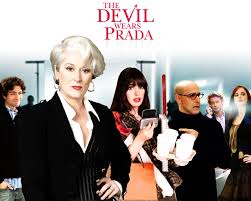
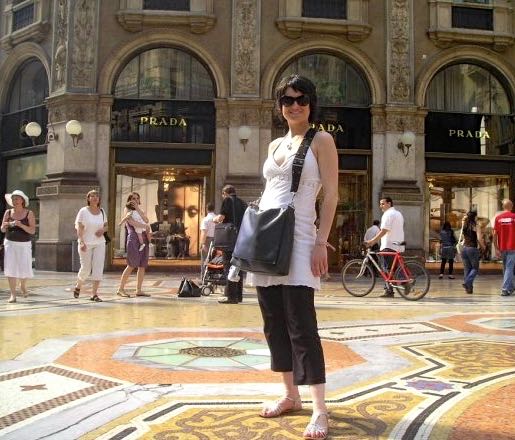





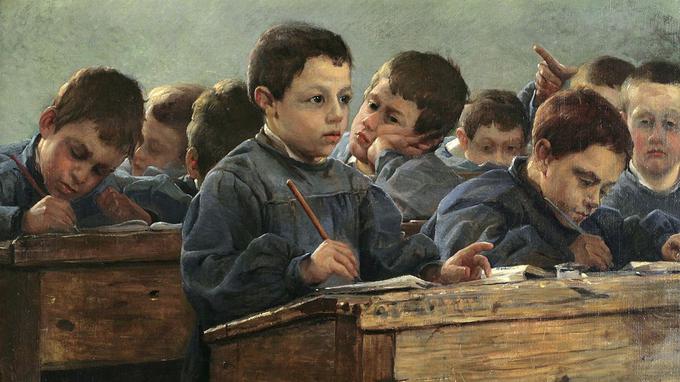

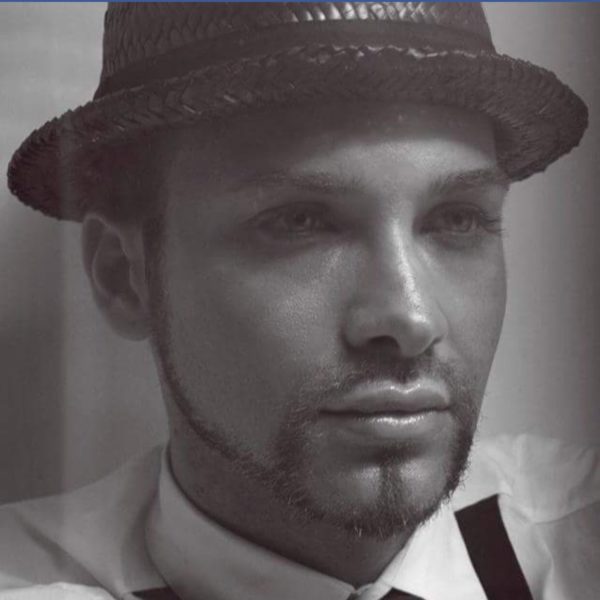

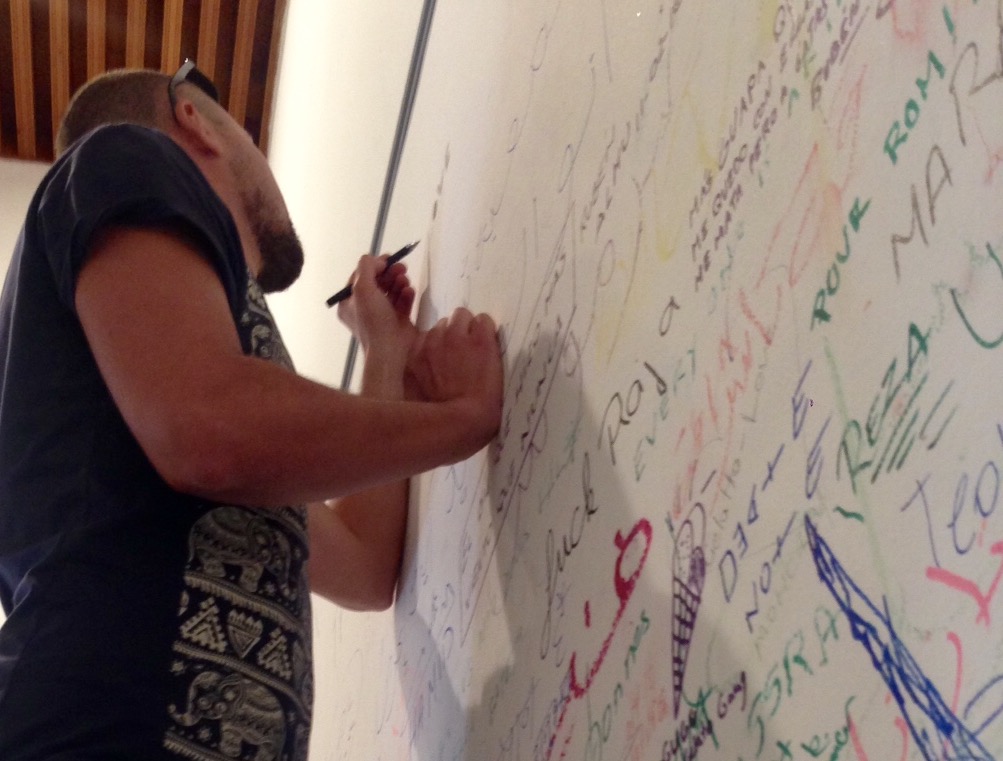


Learning more about fashion and where to find the right information is highly essential. I could find it here.